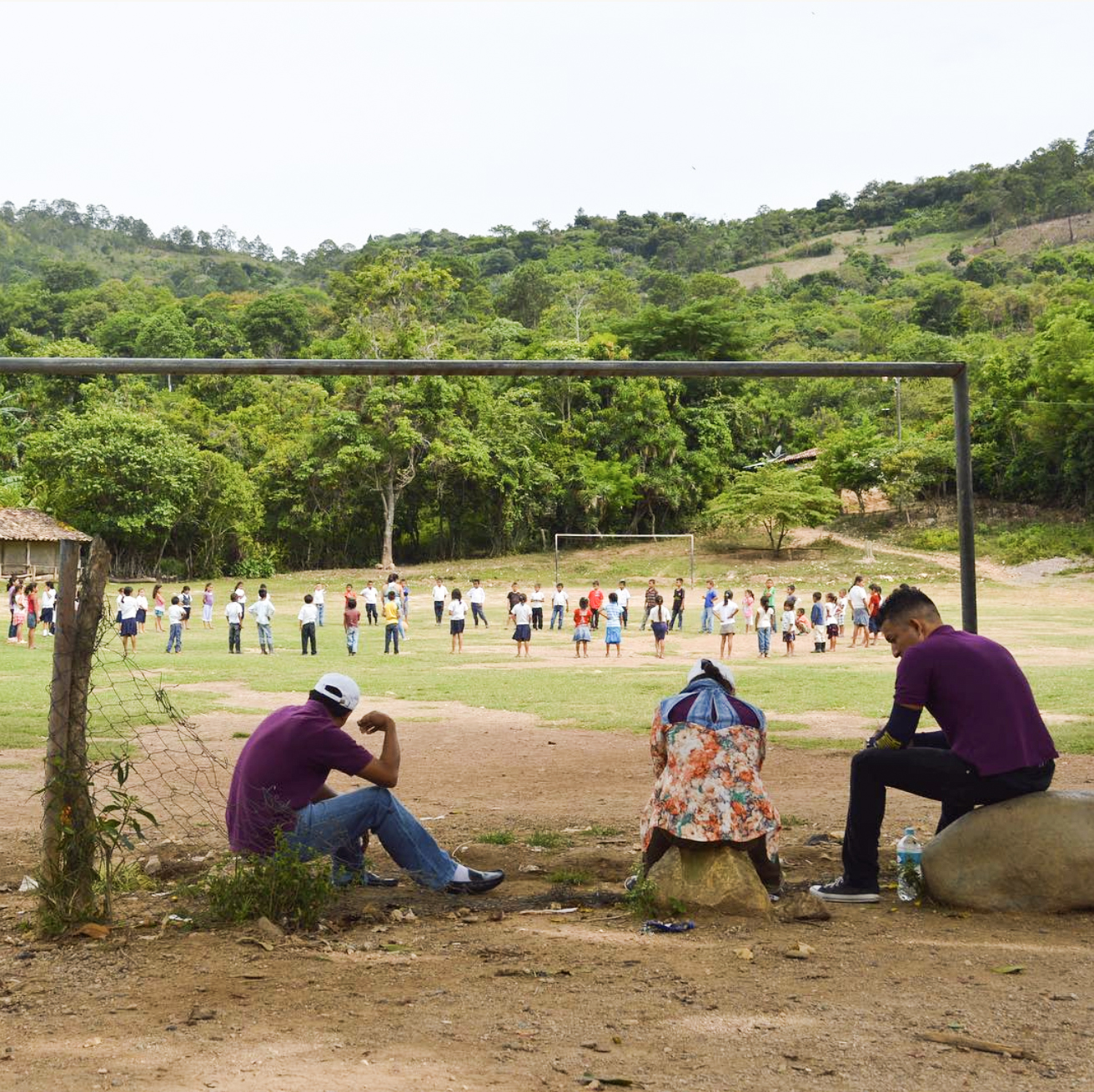
Courtesy of Marcus Alexander
Can our gut bacteria influence our social status and popularity? This is one of the many questions that the Yale Human Nature Lab is investigating in a new project that studies the relationship between human social networks and the microbiome.
Led by Nicholas Christakis, Yale’s Sterling Professor of social and natural science and the director of the Human Nature Lab, the Microbiome Biology and Social Networks in the Developing World project launched Jan. 1. The project is funded by a $3.54 million grant from the NOMIS Foundation and will take place in the Copan region of Honduras.
The project will build on work the Human Nature Lab has conducted in the region for the past five years. In this work, the lab is constructing the largest mapping of face-to-face networks. Using a software called Trellis, which was developed for this project, the lab selected villages within the region and photographed every member of the village. The lab asked those surveyed to identify members of their network, such as friends, relatives and neighbors, using the data to construct network maps.
“A social network is a hyperdimensional surface, and we believe that bacteria evolve to occupy particular spots within social networks,” Christakis said. “For example, the kinds of bacteria in the guts of popular people should be different than the bacteria in the guts of unpopular people. Bacteria flow within our social fabric and have preferred locations.”
According to Christakis, the parent project was funded by a grant from the Bill and Melinda Gates Foundation and supported by the TATA Group. The parent grant focused on creating “artificial tipping points” in villages to change attitudes toward infant mortality and maternal morbidity. The project constructed social network maps to identify the most influential individuals in a community — those who, if they adopted an intervention, could lead to an entire village adopting an intervention.
In this new project, the lab will continue to construct social network maps, and will also collect stool and spit samples from more than 3,000 of the 30,000 participants in the project. Christakis expects the project to take several years and explained that all samples collected will need to be analyzed for their bacterial species. After the initial analysis, all bacteria will be genotyped, and further data analysis will continue from there.
Conducting a project of this scale in a developing country like Honduras is not without its difficulties, according to Christakis. He added that liquid nitrogen and freezers — equipment that are necessary for preserving the bacteria in the samples — are difficult to locate in Honduras.
John Lee ’19, who works for the Human Nature Lab, explained that he experienced technical difficulties during a recent trip to Honduras for the project. While visiting the field site in December, Lee was responsible for transporting a container for collected samples. Even though he spoke with transportation officials to ensure that the container could travel through an airport, he underwent significant questioning in regard to his intentions. After the transportation ordeal, the dry shipper was nonfunctional upon arrival in Honduras.
Still, Lee, who has worked in the Human Nature Lab since spring of 2015, expressed his excitement for the new microbiome project.
“We were really excited to get the grant,” he said. “The lab employs local surveyors and has a huge impact on the community in Honduras. I’m happy that we can expand our research, further community engagement and keep our employment commitment to the people we work with in Honduras.”
Libby Henry ’17, a student who began working in the Human Nature Lab in the summer of 2015 and who continues to consult, expressed her enthusiasm for the project. The project is an opportunity to draw from a number of different fields and to learn something new, she said.
The Human Nature Lab sits within the Yale Institute for Network Science.
Madison Mahoney | madison.mahoney@yale.edu







